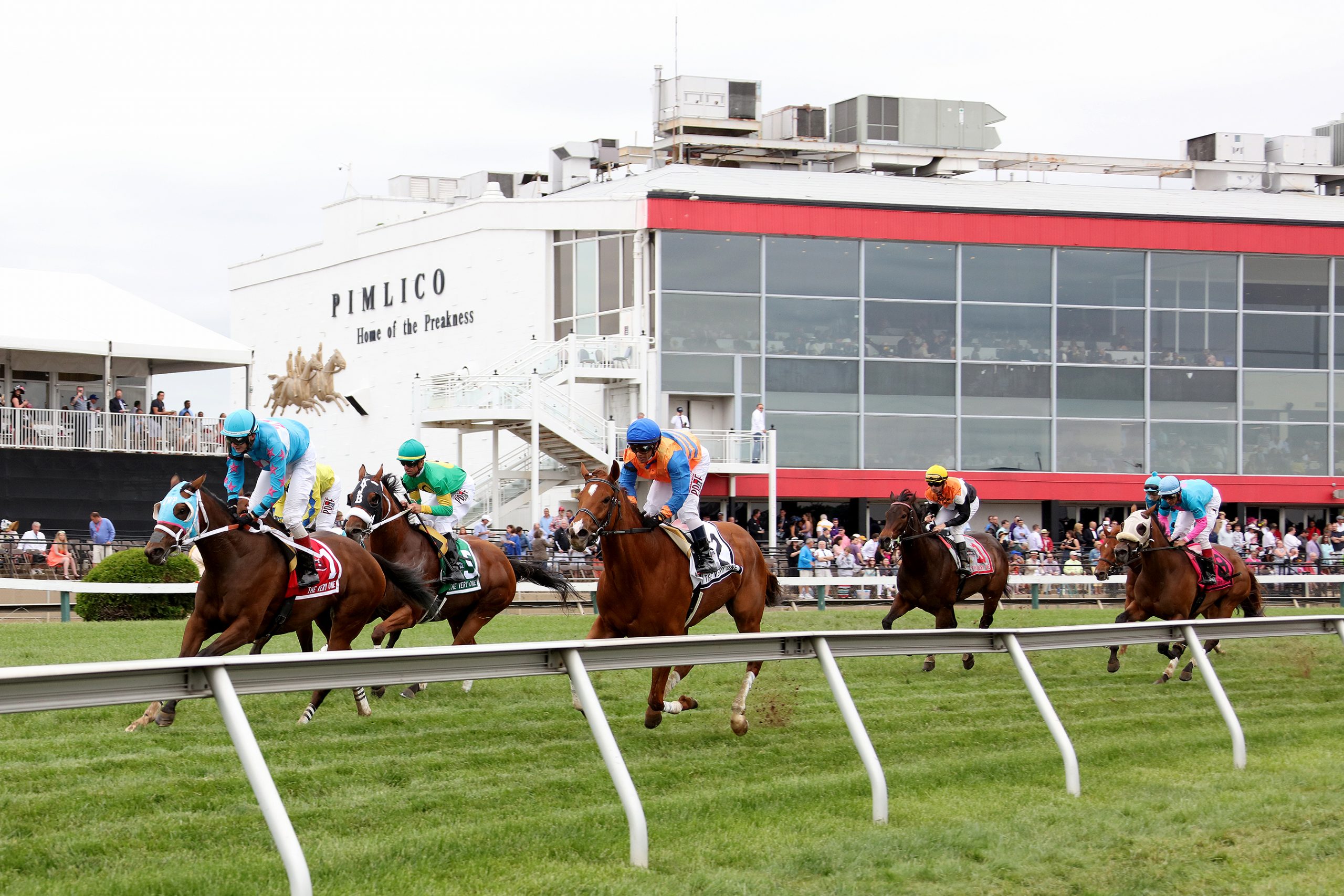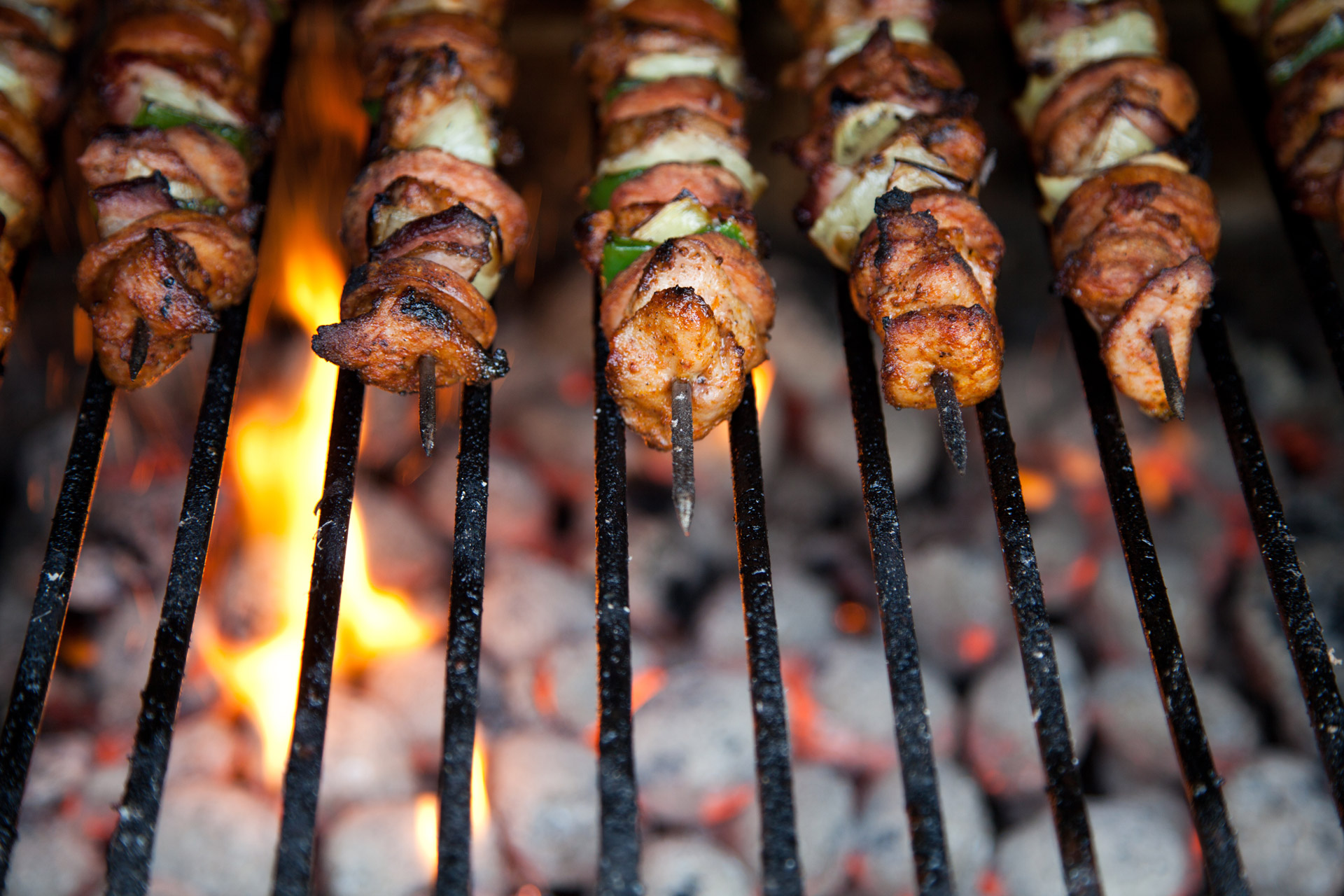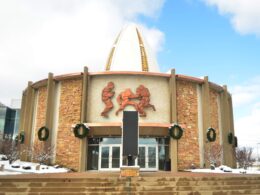Winning the Triple Crown requires winning three events: the Kentucky Derby, Preakness and the Belmont Stakes. While the Kentucky Derby is like the youngest sibling that receives all the attention, it is only one-third of the races required to win the Triple Crown, and it is time to explore the other two races and look at the Preakness and the Belmont.
The main difference between the three races is the length. The Kentucky Derby is 1 1/4 miles, the Preakness is 1 3/16 miles, and the Belmont is the longest at 1 1/2 miles. Most pre-Derby races are 1 1/8 miles, so you can imagine how long the Belmont Stakes feels for a horse. The Belmont is one of the longest racetracks in the U.S. for 3-year-olds and has actually been shortened from its original distance of 1 5/8 miles to the current 1 1/2 miles that has been used ever since 1926.
While to the casual fan these small differences in length may not seem like much of a difference, the varying lengths make it incredibly challenging to win all three races for the Triple Crown. Of the 146 horses who have won the Kentucky Derby, 36 went on to win the Preakness, meaning those 36 horses only needed to win the Belmont in order to complete the elusive Triple Crown, but only slightly more than one third of those has gone on to win the Belmont, as there are only 13 horses that have ever won the Triple Crown.
The Kentucky Derby begins the Triple Crown pursuit at Churchill Downs in Kentucky before the chase heads to Pimlico Race Track in Baltimore, and then eventually to Belmont Park in Elmont, New York. Traditionally, the order of the three races is the Kentucky Derby on the first Saturday of May, the Preakness occurring two weeks later, and then the Belmont taking place three weeks after the Preakness. This year, the Kentucky Derby is May 1, the Preakness is May 15, and the Belmont is June 5.
Of the three races, the Belmont is actually the oldest of the three. The first running of the Belmont occurred in 1867. The Preakness came along in 1873, followed by the Kentucky Derby two years later in 1875.
The three races are quite similar with their traditions, but each race puts its own twist on things based on its own unique history and location. All three races sing a song that honors the state where it is being hosted: “My Old Kentucky Home” for the Kentucky Derby, “Maryland, My Maryland” for the Preakness, and “New York, New York” for the Belmont. Another common thread linking the races is in their flower-themed nicknames. The Kentucky Derby’s nickname is the “Run for the Roses,” the Preakness Stakes is referred to as the “Run for the Black Eyed Susans,” and the Belmont is known as the “Run for the Carnations.” An alternative nickname for the Belmont is the “Test of the Champion,” which sounds much tougher too.
Unless there is a horse with a chance for a Triple Crown, the casual fan’s focus on horse racing has usually faded away by the Belmont Stakes. But whether there is a chance of a Triple Crown or not, all three races still provide quality entertainment. Each track provides a quality race linked together by the Triple Crown, but with enough idiosyncrasies to make each race worth tuning in for.
Photo Credit: Google Creative Common Licenses, Belmont Stakes Instagram









